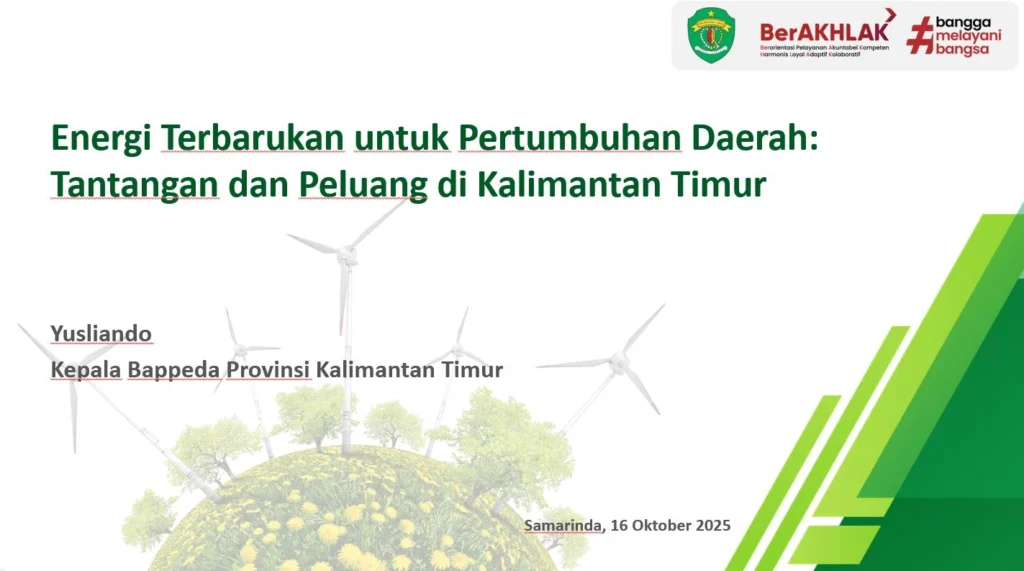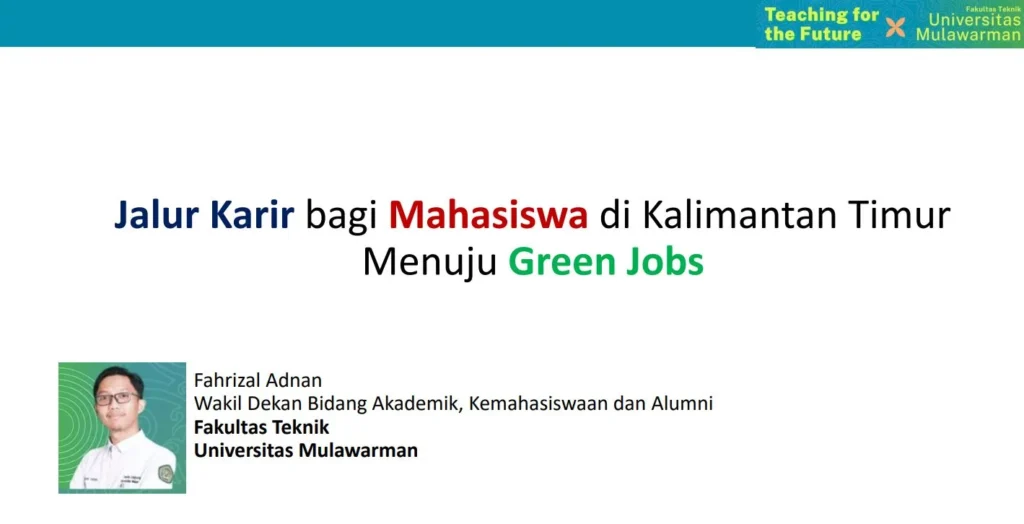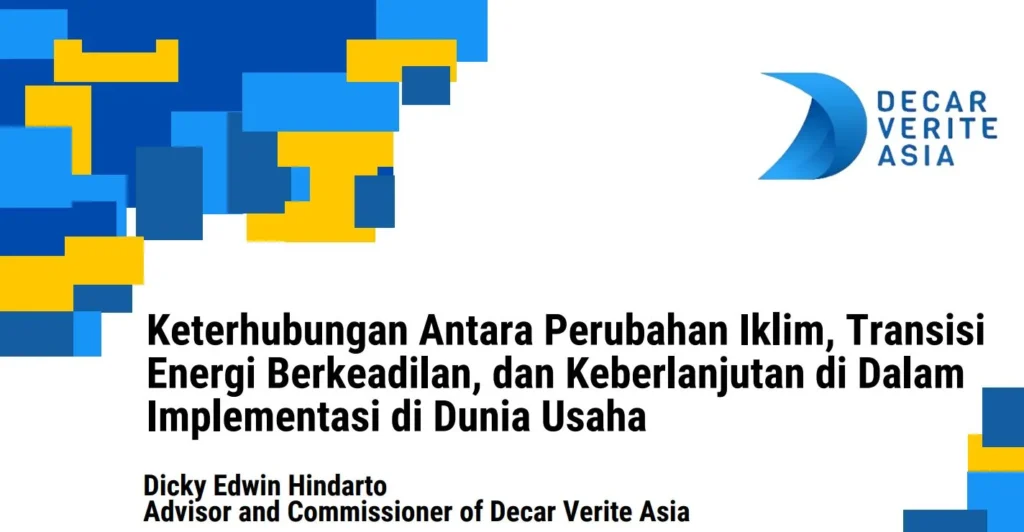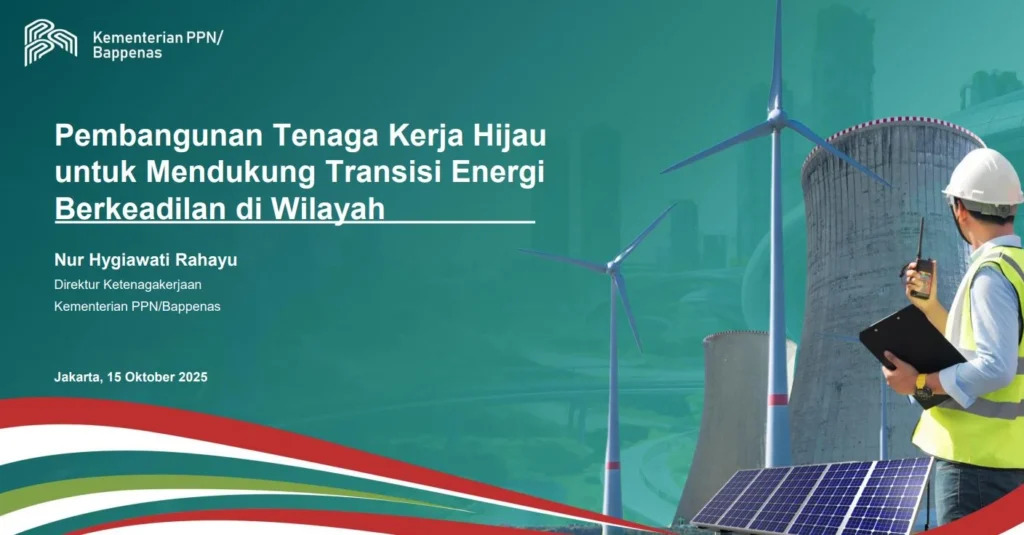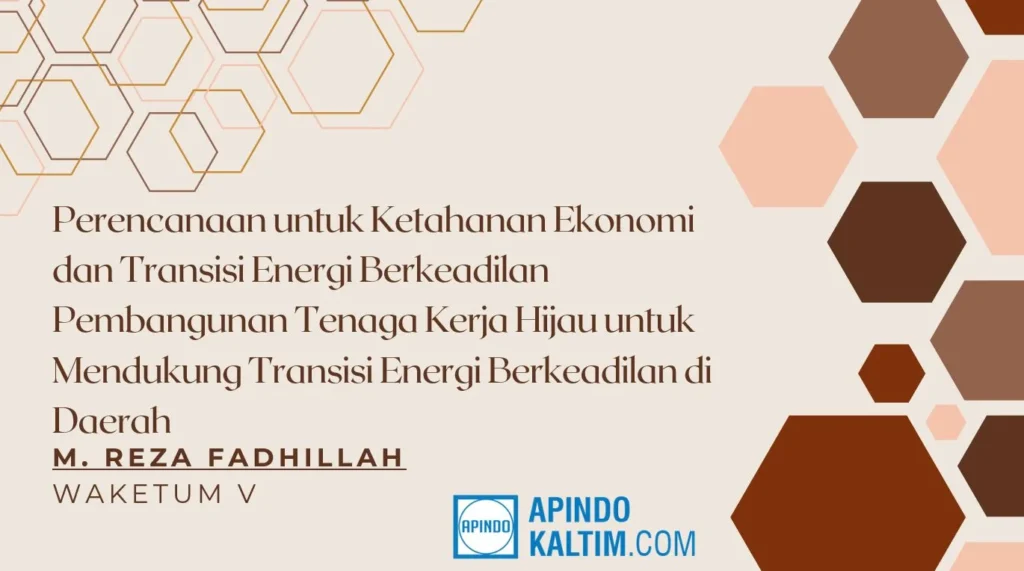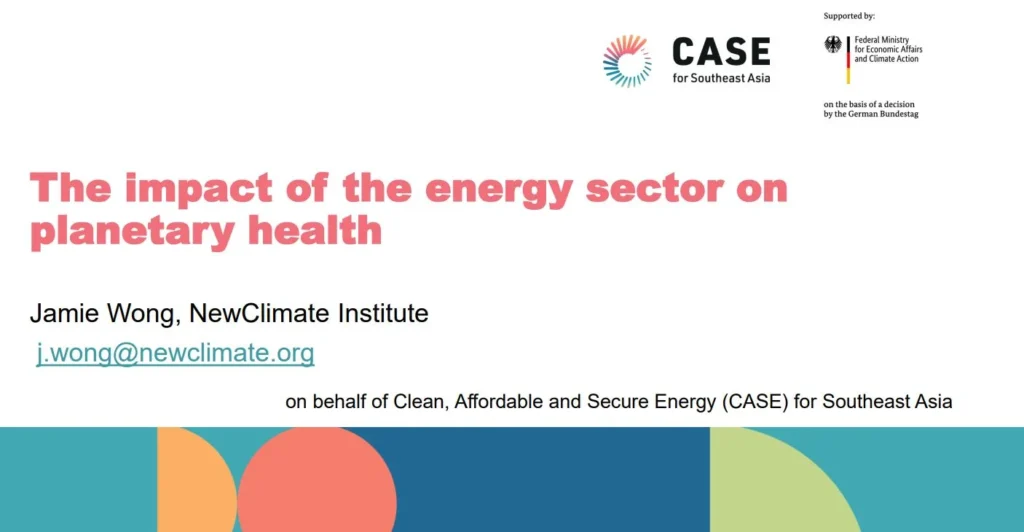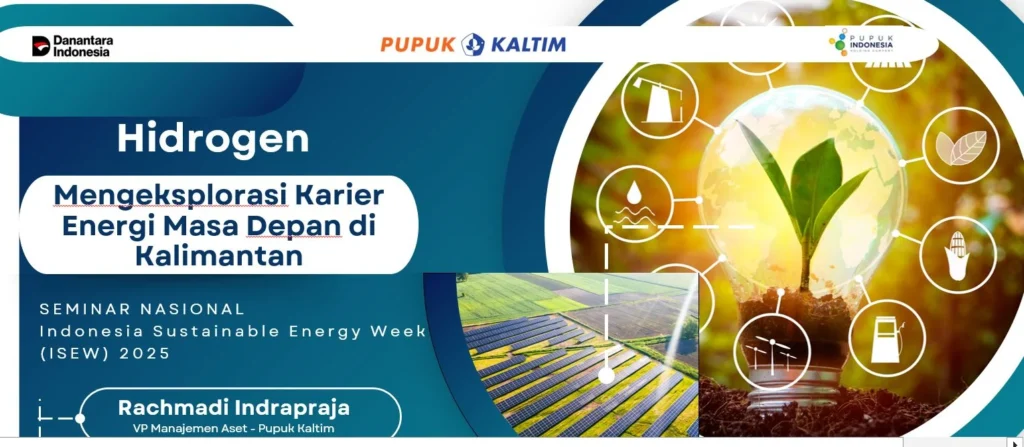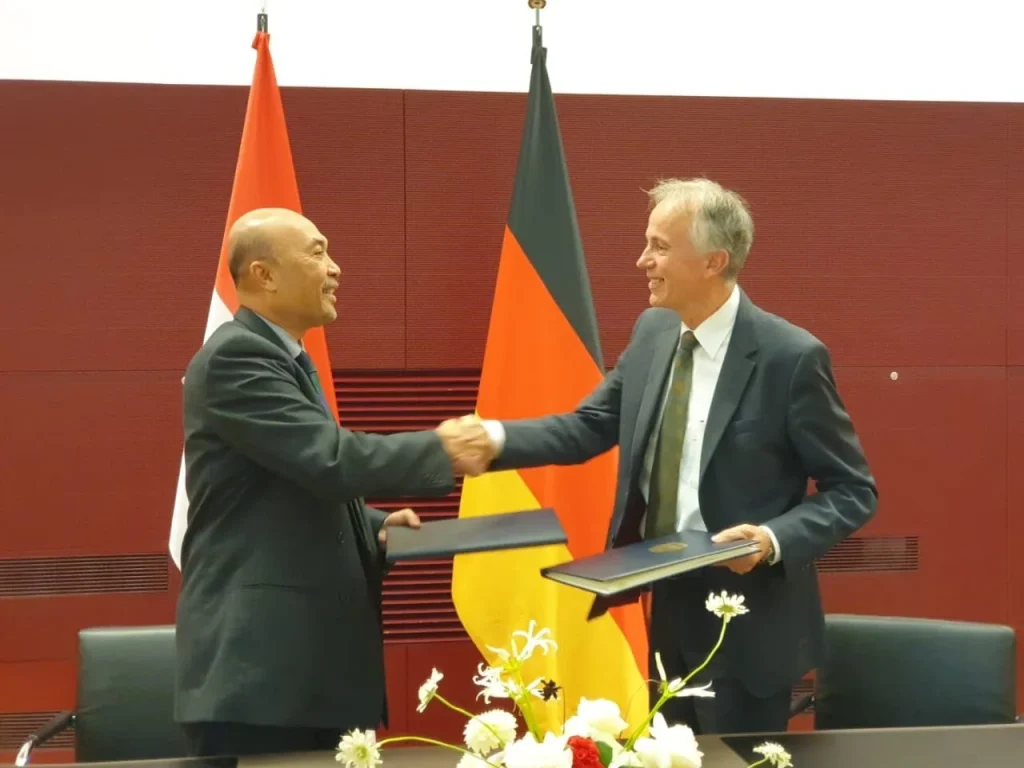
Energy Hub (German-Indonesian Energy Cooperation Hub)
Status
Ongoing
Overall Project Duration
Commissioner
Political Partner
Cooperation Partners
Implementing Organization
GIZ
Project page on organization website
Project Documents and Links
Background
Germany and Indonesia have enjoyed over three decades of cooperation in the energy sector. As both countries work toward their respective climate and energy transition goals, including Indonesia’s Net Zero Emission (NZE) target by 2060 and the strategic vision of Indonesia Emas 2045, there is growing need for streamlined, structured coordination of bilateral initiatives.
The Energy Hub was launched in 2023 as a flagship platform to enhance coordination, coherence, and visibility across the wide-ranging German-Indonesian energy cooperation landscape. Funded by Germany’s two main development ministries (BMZ and BMWK), and embedded within Indonesia’s institutional framework, the Energy Hub provides a central point of entry for bilateral energy dialogue and implementation, bringing together technical cooperation, financial instruments, policy engagement, and knowledge exchange.
It responds to the growing complexity and number of energy-focused initiatives by creating a consolidated structure that represents both governments’ portfolios under a unified identity. The platform also serves as a bridge to international partnerships such as the Just Energy Transition Partnership (JETP) and ASEAN-wide dialogues.
Project Approach
The Energy Hub operates as a coordination secretariat embedded within the GIZ Energy Programme Indonesia. Its functions include political facilitation, technical advisory, communication, and partnership management. The Hub hosts and supports high-level bilateral meetings, technical workshops, and working groups, helping align strategies and messaging between the two governments.
It also prepares policy briefs, knowledge products, and technical inputs to support Indonesian institutions—such as MEMR and Bappenas—on strategic initiatives, including JETP implementation. Through a dedicated team, the Energy Hub tracks the impact and alignment of German-funded programmes with Indonesia’s evolving climate and energy plans.
In terms of external engagement, the Hub actively organizes flagship events such as the Indonesia Sustainable Energy Week (ISEW), where public and private actors exchange insights and showcase innovations. Additionally, the Hub supports study visits, intergovernmental negotiations, and energy diplomacy through knowledge exchange mechanisms.
A strong focus is placed on communications and visibility—consolidating information from across cooperation portfolios and presenting them in accessible, stakeholder-friendly formats. This helps increase public understanding of the bilateral partnership’s value and outcomes.
Desired Impacts
The Energy Hub aims to achieve three overarching impacts: (1) strengthening strategic alignment between German and Indonesian energy transition initiatives; (2) improving the effectiveness and efficiency of bilateral programme coordination; and (3) increasing visibility and public awareness of energy transition progress in Indonesia.
Since its establishment, the Hub has co-hosted major bilateral energy events including ISEW 2023—with over 5,400 participants and 90 speakers—demonstrating strong cross-ministerial and cross-sectoral commitment. It also participated in regional platforms such as the ASEAN Energy Business Forum, further reinforcing Indonesia’s leadership in regional transition efforts.
Through study trips, such as the 2023 visit to Germany involving 22 government and PLN delegates, the Energy Hub provides direct learning opportunities that contribute to national planning and policy refinement. Its advisory work has also supported analysis related to JETP targets, contributing to clearer roadmap development and implementation strategies.
By providing a permanent coordination vehicle, the Energy Hub contributes to long-term institutional learning, partner harmonization, and the realization of Indonesia’s energy and climate ambitions with German support.
Project Activity Areas (Outputs)
Representation and Consolidation of German-Indonesia Energy Cooperation Portfolio
Foster Dialogues and Exchange Between German and Indonesian Governments and Energy Stakeholders
Provide Energy Expertise in Support of Important National Initiatives, including the JETP
Project Publications
Tools
SEA Information Platform for the Energy Transition (SIPET)
The Southeast Asia Information Platform for Energy Transition (SIPET) is a one-stop platform for information and knowledge exchange about the energy transition in the region. SIPET aims to be a central launch pad for energy transition stake holders to facilitate dialogue and promote coordination in the Southeast Asia power sector.
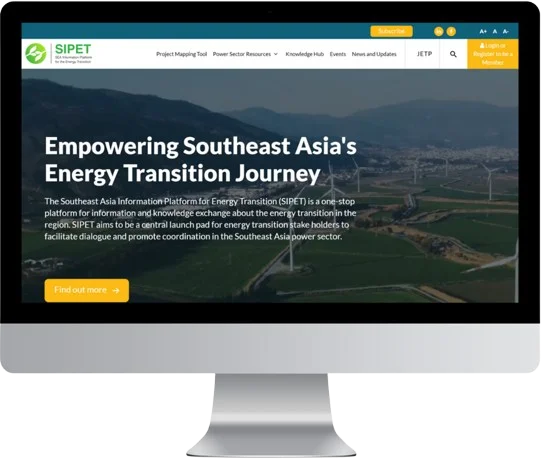
Bio DB
BioDB is a useful website for providing general information, encouraging discussion and conversation on the topic of bioenergy from agro-industrial waste. The data and information presented were collected by the Strategic Exploration of Economic Mitigation Potentials through Renewables (ExploRE) project, a project funded by the Federal Ministry for the Environment, Nature Conservation and Nuclear Safety (BMU), Federal Republic of Germany, in collaboration with the Ministry of Energy and Mineral Resources (ESDM) of the Republic of Indonesia, and implemented by the Deutsche Gesellschaft für Internationale Zusammenarbeit (GIZ)
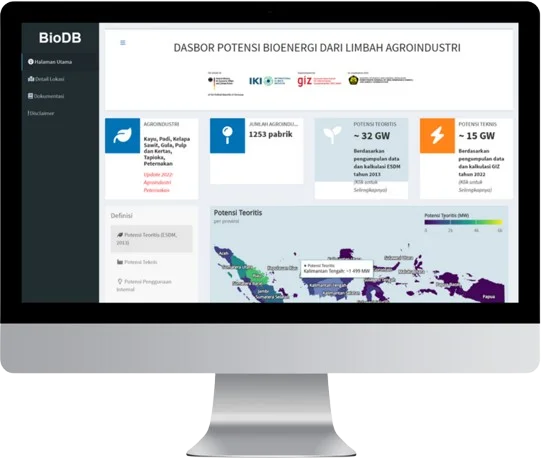
IKI JET
The global energy transition away from coal to renewable energy is threatening local livelihoods, economic activities and jobs, but also holding opportunities for sustainable, low carbon development. The project aims at supporting key stakeholder of coal regions to plan for and implement regional just energy transition pathways away from coal and towards a low-carbon energy system. Focusing on the regional economic transformations, the project works with government, industry, unions, communities, civil society, and academia. It supports interregional peer-to-peer exchange, learning, and policy dialogue in an international network and information sharing via a knowledge hub. In Indonesia, it supports the development of specific transition plans in two coal regions. In Colombia, it supports the development of the concept and framework for energy communities and the implementation of just and inclusive energy communities in César and la Guajira.
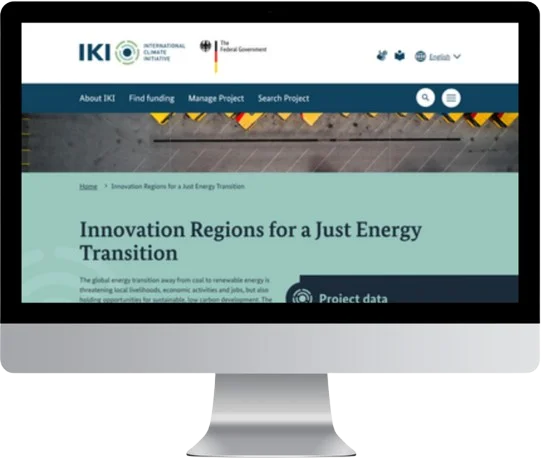
CASE for Southeast Asia
The “CASE for Southeast Asia” website is dedicated to the promotion of clean, affordable, and secure energy transitions across Southeast Asia. The website focuses on the provision of resources, the conducting of research, and the facilitation of collaborative projects in countries such as Indonesia, Thailand, the Philippines, and Vietnam, with the aim of supporting energy transition efforts. The platform highlights the challenges and opportunities in the region’s energy sector, while sharing knowledge, best practices, and policy recommendations aimed at advancing the transition to renewable energy and sustainable development
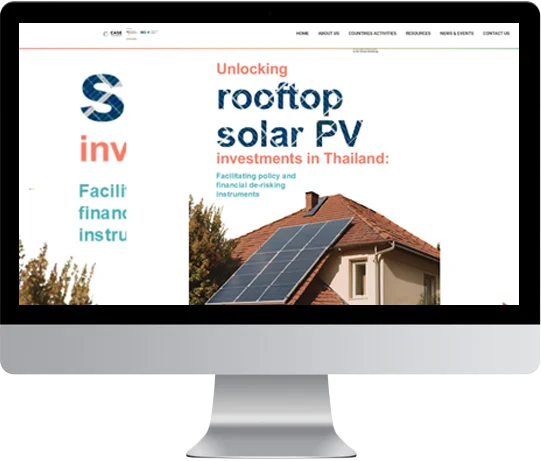
Contact
Project Address
De Ritz Building, Floor 3A
Jl. HOS Cokroaminoto No. 91, DKI Jakarta, Indonesia
Ardian Candraputra
Team Lead, Energy Hub
